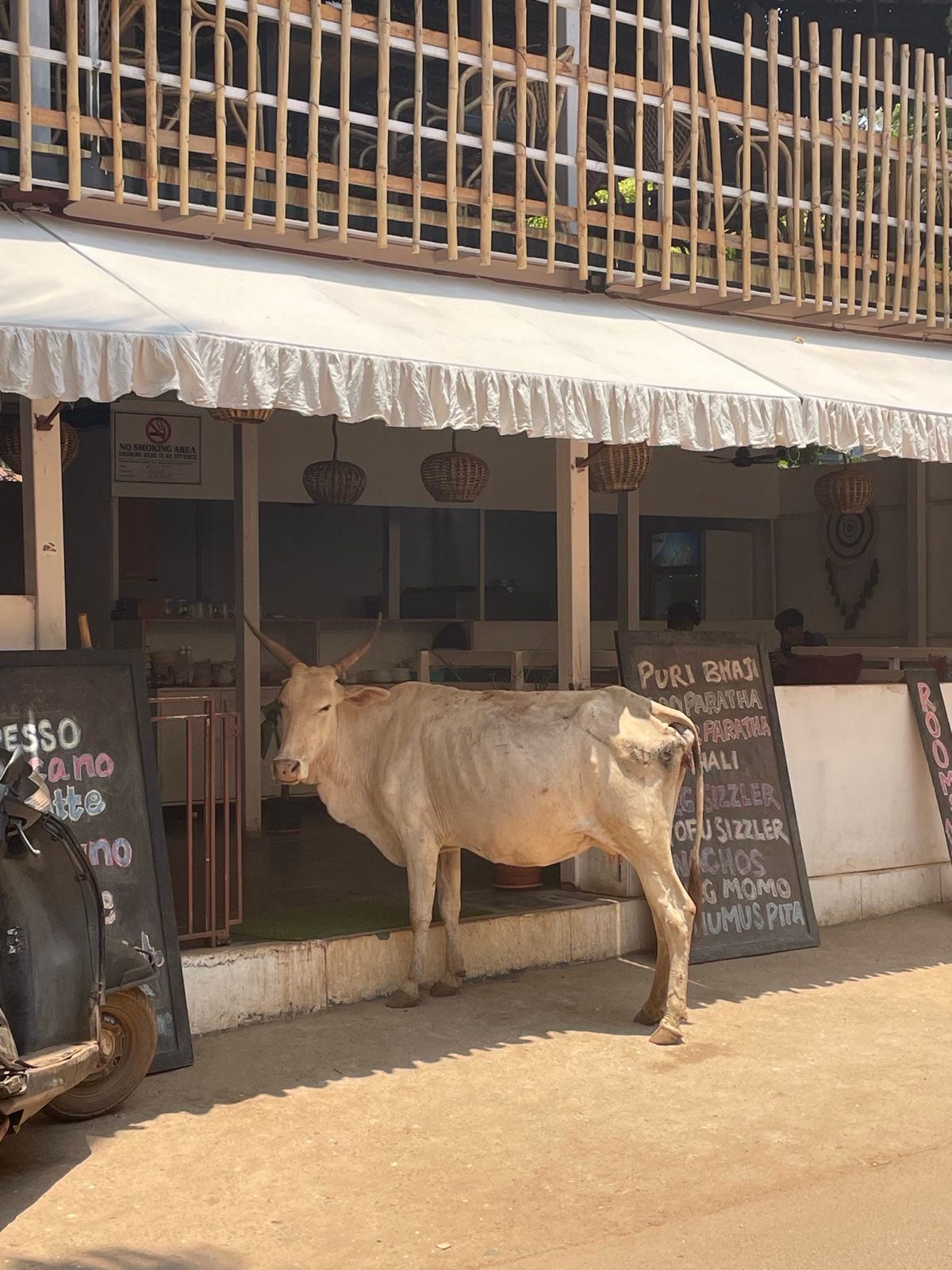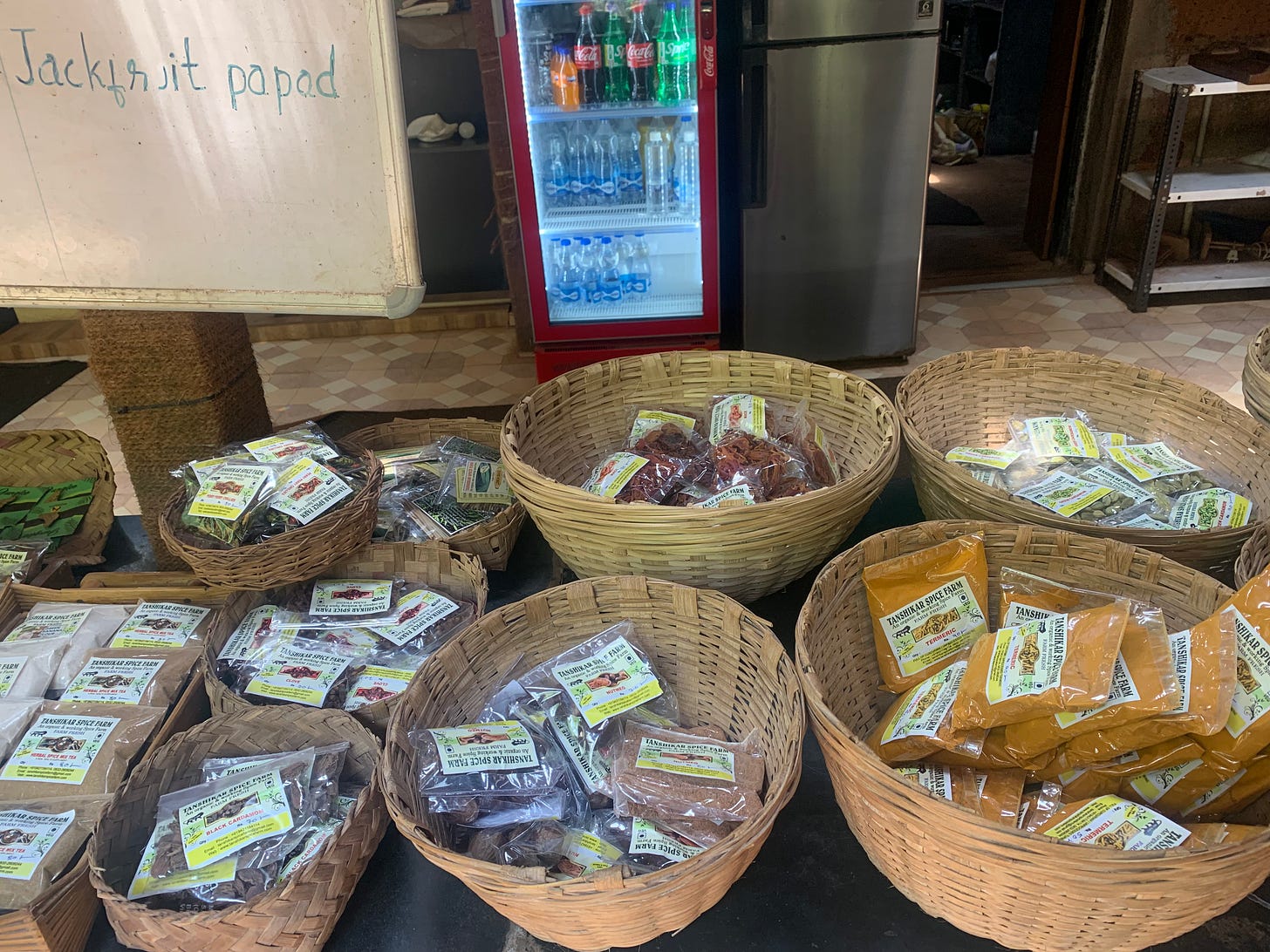Not Drinking Beer During the Indian Elections
When a confounding rule means you can't get your pints
This article was originally published in Ferment Magazine in May 2024.
When we have an election in the UK, alcohol often forms part of the campaigning. From Eton educated parliamentary hopefuls pouring pitiful pints for the first time in their lives, whilst trying to win over the beer-loving locals of whatever constituency their party has selected for them to contest, to the increasing sturdy measures of spirits poured out at party headquarters as the results begin to come in, booze and politics are most certainly mixed.
The same can’t be said for every country. I am currently in India, a place with many excellent breweries, but due to the elections I can’t try all the beers I was hoping to drink.
Elections in India are a massive affair, it is the worlds’ largest democracy, with almost 970 million eligible voters spread across a vast country filled with incredibly distinct cultures and ethnic groups. The landscape is varied too, with voters from remote mountain communities and dense jungles also needing to cast their votes, with election officials travelling to them to help them do so. The election period runs for over a month, and life in India changes dramatically as the huge undertaking unfolds.
Unlike elections in the UK, where we trudge to the local primary school hall to cast a vote, large numbers of security forces are deployed to maintain order, suppress protest, and generally keep the population in line as voting takes place. Alongside this, bans on the sale of alcohol and alcohol curfews are enforced, as well as general curfews and a curtailing of social activities.
The historical background for these alcohol bans comes from Gandhi, who encouraged sobriety around democracy, and some Indian states are still completely dry. The further reasoning for the ban is somewhat darker. Violence against women is a major concern in India, and the government considers alcohol abuse to be a considerable contributing factor in this violence. The idea then goes that if men can’t get drunk and bash their wives around, the wives will be more likely to go out and vote, so most states ban alcohol completely for 48 hours before polls open to allow people to dry out and encourage women to leave the house to vote.
The dry period isn’t just a simple affair though, as different states vote on different days there will be restrictions on producing, selling and transporting alcohol throughout the 44 day period of the 2024 elections. This means that a craft brewery in Mumbai will find it increasingly difficult to send beer south to Goa or Karnataka during the election period, and even multinational producers have to adjust their supply chain projections during the election to attempt to keep a semblance of normal distribution going. Couple this with additional checks at state borders, and your chances of getting that delicious mango beer are increasingly diminished.
For tourists the thought of not getting to drink a crisp lager whenever you fancy it can feel like a draconian restriction, but the locals I have spoken to are used to alcohol bans during times of national importance, and feel that the continuity helps to maintain peace and order during a time when many Indians are keen to see change in their country and tensions can flare.
So while I wasn’t able to try all the beer I wanted, I was afforded an invaluable insight into how something that is often used as electioneering in my own country can be seen as an impediment to democracy in another, and learning more about the world is far more valuable than getting a post-yoga buzz.
There is still good beer to be found, especially in tourist areas. The north of Goa, usually better known for trance music, parties, and combustible plants of questionable legality, also has some really quite wonderful breweries. The Goa Brewing Company based near the state capital Panjim produces beer using local ingredients, such as Goan Ukdo rice to produce an excellent lager with a truly unique rice character. They have also produced a raspberry beer, wild fermented with lactobacillus and black Persian limes, to honour the Parsi community who brought these flavours to India. Parsis, or Zoroastrians, followers of the oldest monotheistic religion on the planet were expelled from their Iranian homelands after the Arab takeover of Persia, and many made their way to India. They brought traditions that continue to shape Indian culture today, but their numbers are dwindling, and it is projected that by the end of the century there will be fewer than 10,000 Zoroastrians left in India, but their flavours and cuisine are enjoyed by many from Mumbai to Bengaluru.
Susegado brewery, set up in 2015 as craft beer was truly gripping India, also aims to produce beers dripping with Goan sunshine. They brew a gose made with kokum, the dried flesh from a fruit in the mangosteen family. Goans often use kokum to replace tamarind in recipes, acting as a souring agent and giving a delicious fruity tartness to dishes. They also produce a vanilla porter using fragrant Goan vanilla, which is grown throughout the state.
All of these beers are found throughout Goa, especially in the north where the party scene is strongest, but even in South Goa beers from Simba brewery in Chhattisghar are widely available (election restrictions excepting). This large brewery makes a delicious wheat beer, flavoured with delicate Indian coriander seeds, for a very refreshing beer to help you cool down in the jungle heat.
The local delicacy however is made from the fermented juice of the cashew apple. Cashew nuts grow on a fruit, with a single nut to each apple, jutting out from underneath like a dew drop. When the nuts are harvested the apples are juiced, fermented, and then undergo a single distillation cycle to make urrak, a 20% ABV spirit. This is produced on many farms and in villages, and is a seasonal favourite with an appealing fruitiness that apparently works well in cocktails. I walked through the jungle to a small kiosk with a cardboard sign to buy a litre of urrak in a dusty, repurposed water bottle for 300 Rupees. The flavour was more akin to what I reckon petrol for an imaginary car tastes like, but I did see a family of Grey Langur monkeys on the walk, so it was worth it. The second distillation of Urrak produces fenni, a much stronger spirit with a longer shelf life that is also a staple of Goan beachside bars.
For those who wish to come to south India to explore different regions of your mind, the best time to do it might not be when the nation is going to the polls. For travellers who are looking for a slightly more sober trip, coming to India during the election will certainly make a 5am yoga class much easier to wake up for.








Interesting! Here in the U.S., power is the real intoxicant, and it lubricates not just the actual election season but the year or so leading up to it.
The reason behind the bans is more to do with candidates buying votes with beer to swing their elections and less with domestic abuse....